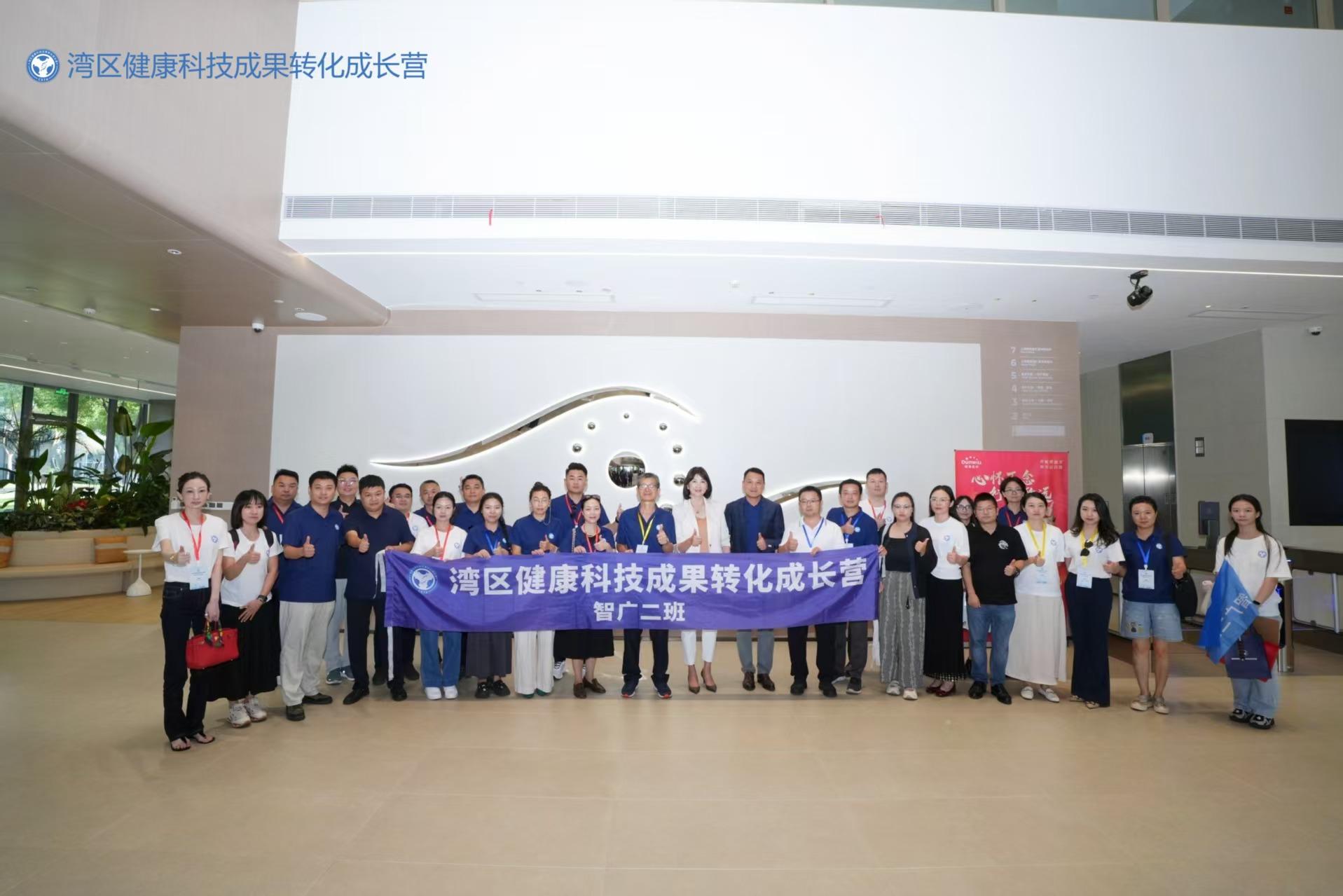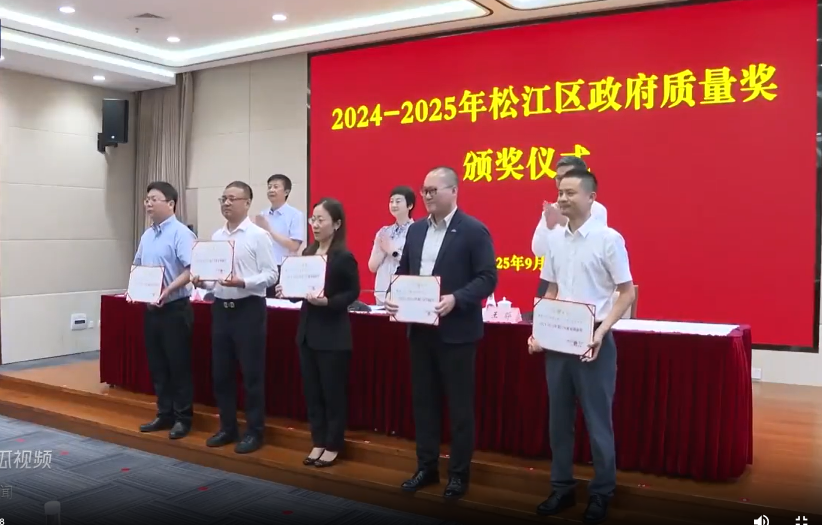Breaking Boundaries and Forging Ahead, Wisdom Paints the Future —— The Spatiotemporal Protein Atlas Leads a New Breakthrough in Precision Diagnosis and Treatment of Gastric Cancer
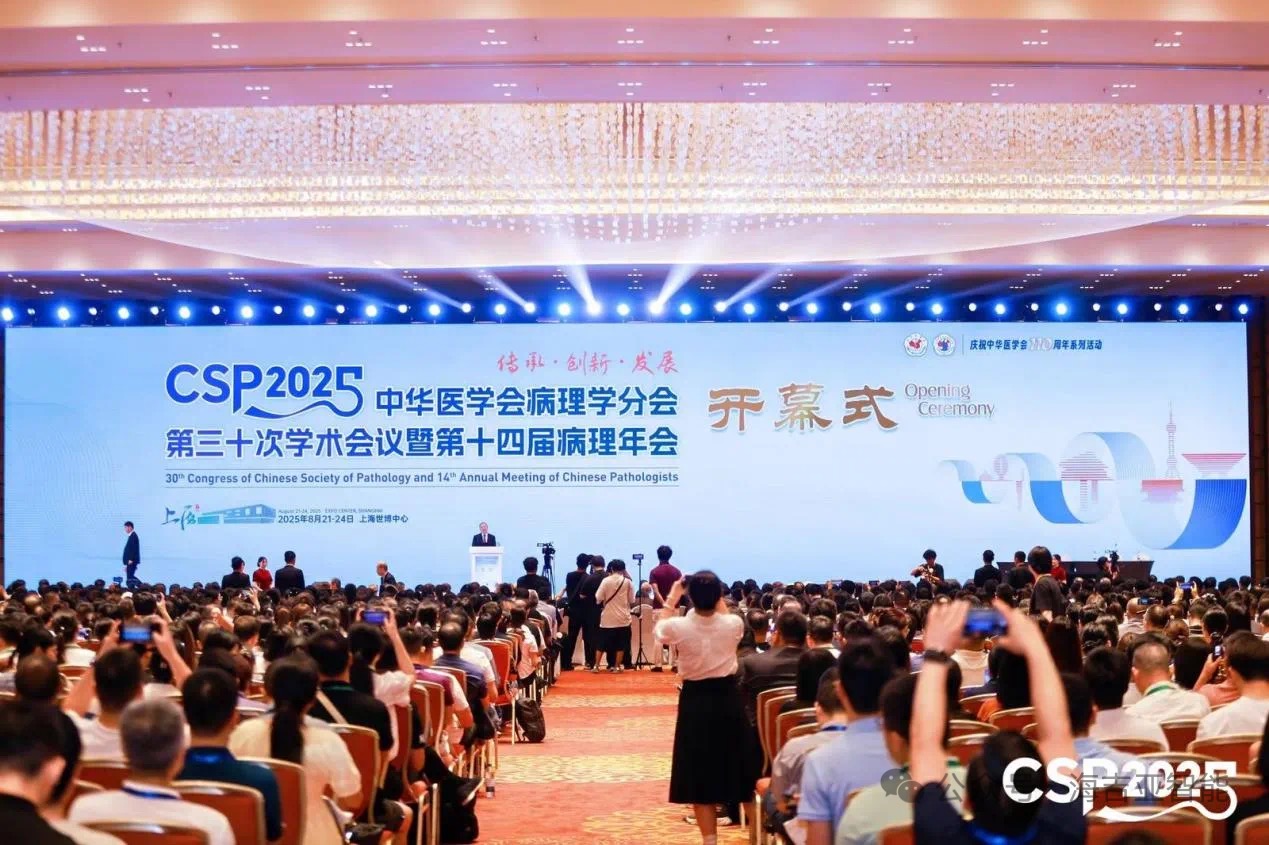
In this vibrant and promising summer season, the 14th Annual Meeting of Chinese Pathologists, the highest-level academic event in the domestic pathology field, was grandly held. This congress adhered to the academic concept of "inheritance, innovation, and development", gathering domestic and foreign pathology experts to conduct extensive and in-depth exchanges and discussions on cutting-edge topics such as molecular pathology, digital pathology, and artificial intelligence, presenting abundant academic achievements and injecting new vitality into the innovative development of the pathology discipline.
On the afternoon of August 23rd, the Dunwill Medical Seminar "Boundary Breakers Forum - Entering the Era of Digitalization and Intelligence in Pathology: Protein Spatiotemporal Maps" was successfully held. The event was hosted by Professor Lu Shaohua, a member of the Shanghai Medical Association Pathology Branch and from the Department of Pathology at Zhongshan Hospital. She pointed out that the development of digital pathology in recent years has brought unprecedented opportunities. It not only changed the way pathological images are stored and shared but also, driven by artificial intelligence and multi-omics technologies, has given rise to a batch of original diagnostic tools. These tools are accelerating their transition from the laboratory to clinical practice, facilitating precise diagnosis and individualized treatment, and propelling medicine into a new stage of development. Their value lies not only in providing more accurate and efficient diagnostic bases for clinicians but also in effectively transforming research achievements into clinical applications, ultimately benefiting a large number of patients.
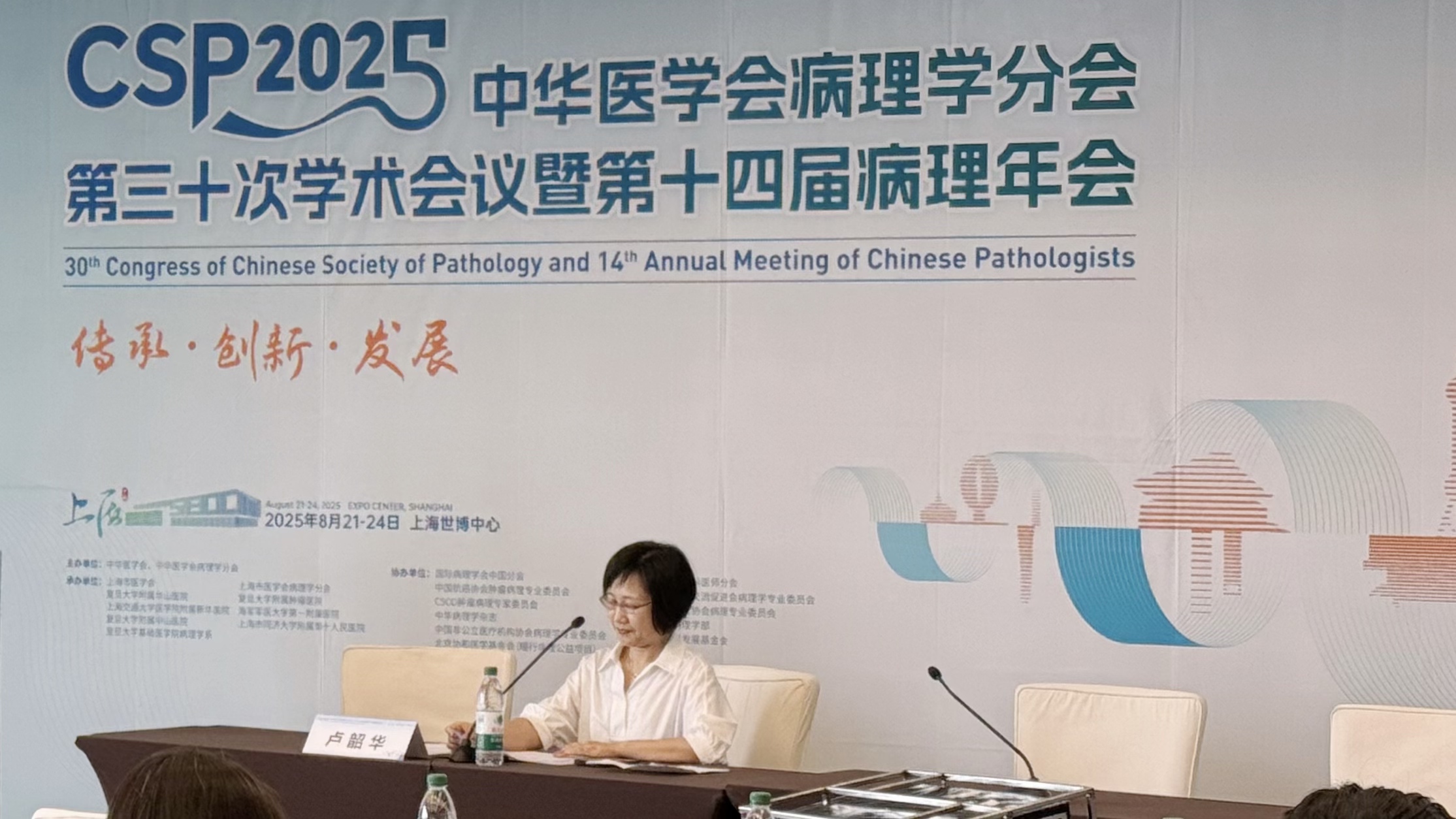
Subsequently, Professor Chen Gang, the chairman of the Pathology Technology Group of the Pathology Branch of the Chinese Medical Association, the director of the Pathology Branch of the Fujian Medical Association, and the director of the Department of Pathology at Fujian Cancer Hospital, delivered the opening remarks. He emphasized that although the current pathology departments generally focus on the construction of artificial intelligence, digitalization, and intelligence, systematic and large-scale practices are still relatively rare, and the transformation of patents and scientific research achievements into clinical applications still faces many challenges. Therefore, it is necessary to join hands with like-minded enterprises. The long-term cooperation between Dunwill Medical and several leading hospitals has provided strong support for the development of pathology departments, especially the successful experience in in vitro diagnostic (IVD) products is worth learning from. He hopes that in the future, by introducing artificial intelligence technology, the innovation and development of pathology departments in diagnosis, scientific research, and clinical applications can be further promoted, and help hospitals achieve high-quality development.
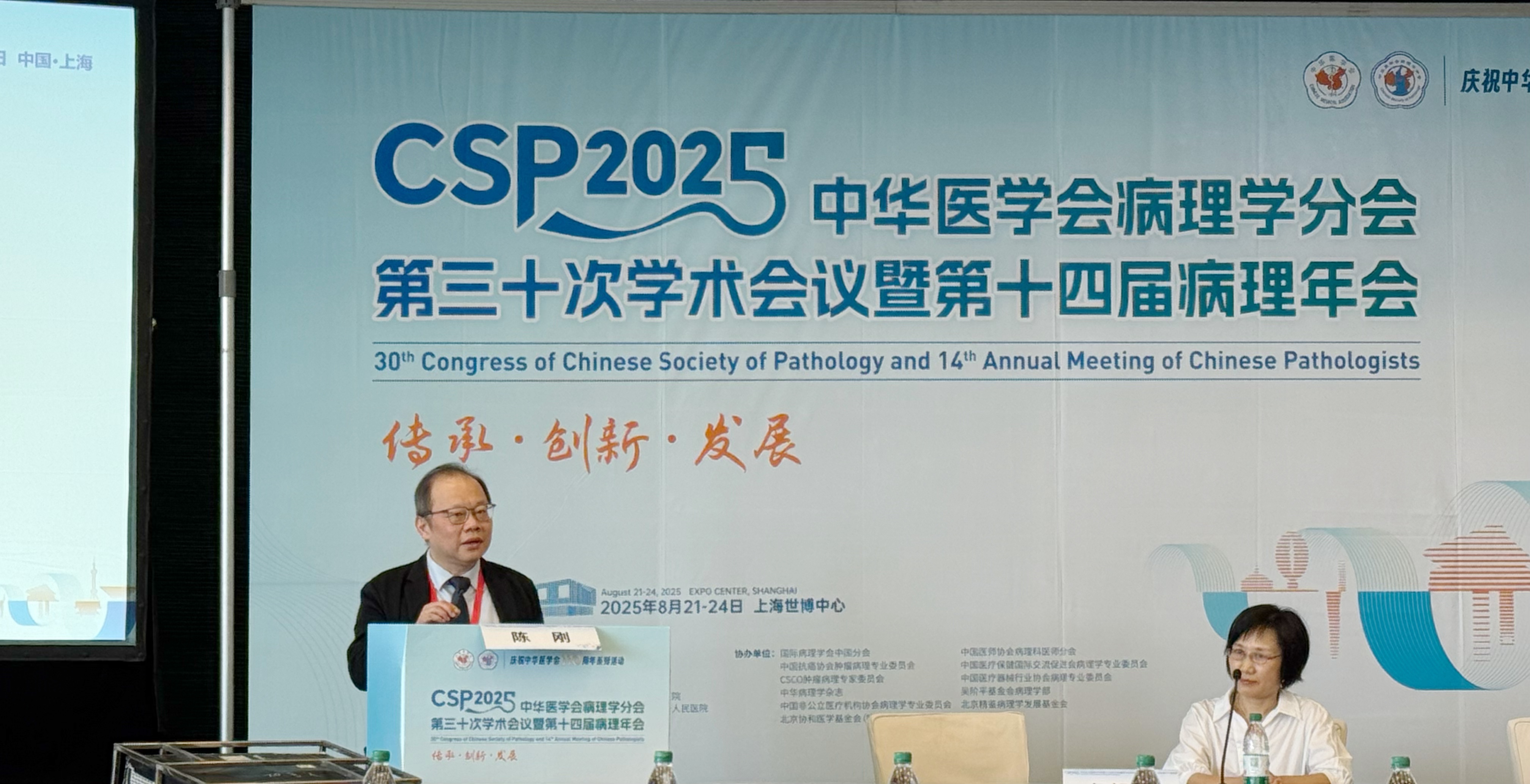
During the special report session, Professor Wang Jianchao, a member of Professor Chen Gang's team from the Department of Pathology of Fujian Cancer Hospital, shared the early research results of the "Exploration of the Transformation of Immune Scores Based on T-cell Spatiotemporal Characteristics in the Field of In Vitro Diagnosis" conducted in collaboration with Dunwill Medical. This research innovatively constructed an immune scoring model for stratifying the recurrence risk of advanced gastric cancer, relying on domestic antibodies and conventional pathological immunohistochemistry platforms, and established a standardized detection and data analysis process, laying an important foundation for the clinical transformation of Class III in vitro diagnostic reagent kits.
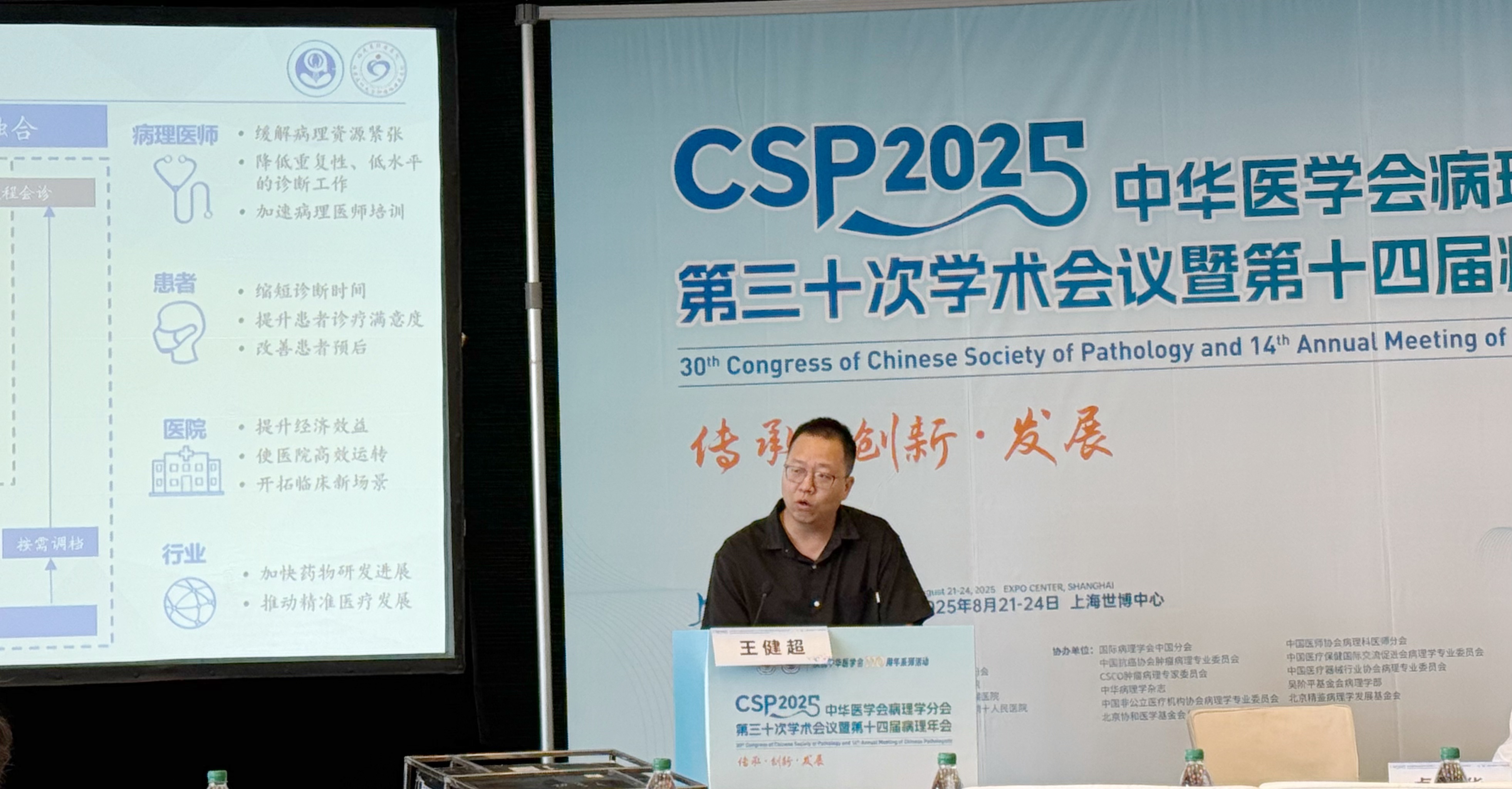
Professor Wang pointed out that digital pathology is the core of the next-generation diagnostic pathology. Its full implementation not only helps relieve the pressure of the shortage of pathologists, but also significantly improves the consistency of diagnosis, shortens the waiting time for patients, and provides more accurate basis for prognosis assessment and treatment selection, promoting the overall quality improvement and efficiency enhancement of hospitals. In response to the clinical need for a diagnostic tool that can precisely stratify the recurrence risk of advanced gastric cancer with high heterogeneity to support the selection of perioperative treatment plans, the team chose the multiple immunohistochemistry technology that has been widely used in the pathology department, and developed a standardized detection process and artificial intelligence analysis system integrating multiple T-cell markers and AI spatial analysis. It is expected to be transformed into an IVD product in the future, enabling precise quantitative assessment of the immune microenvironment and assisting in the prognosis judgment and treatment decision-making of gastric cancer.
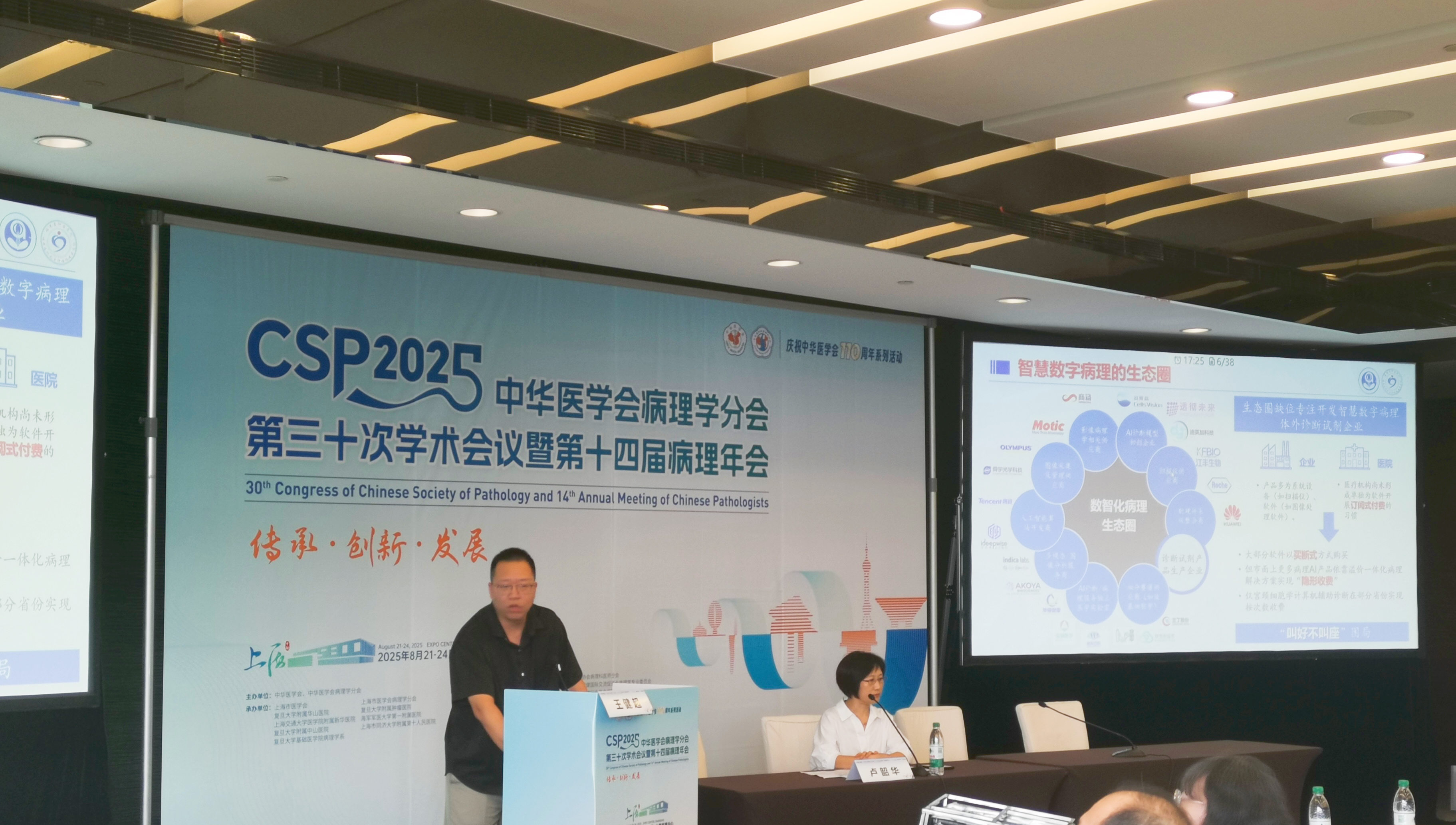
This study utilized domestic antibodies and was based on the existing immunohistochemistry platform in the pathology department to complete the detection and data analysis. The results showed that the multiplex immunohistochemistry detection based on the spatiotemporal characteristics of T cells could effectively construct an immune microenvironment scoring model and stratify the recurrence risk of advanced gastric cancer. The study also confirmed that domestic antibodies had a high consistency with imported antibodies in immunohistochemical staining, providing a foundation for subsequent clinical applications. Next, the team plans to optimize the marker combination and further evaluate the detection performance through multi-center clinical validation. This study provided a feasible path for the IVD transformation of smart digital pathology. The "reagent + software" model not only meets the hospital's access and compliance requirements but also helps improve the economic benefits of the department, demonstrating significant clinical promotion value.
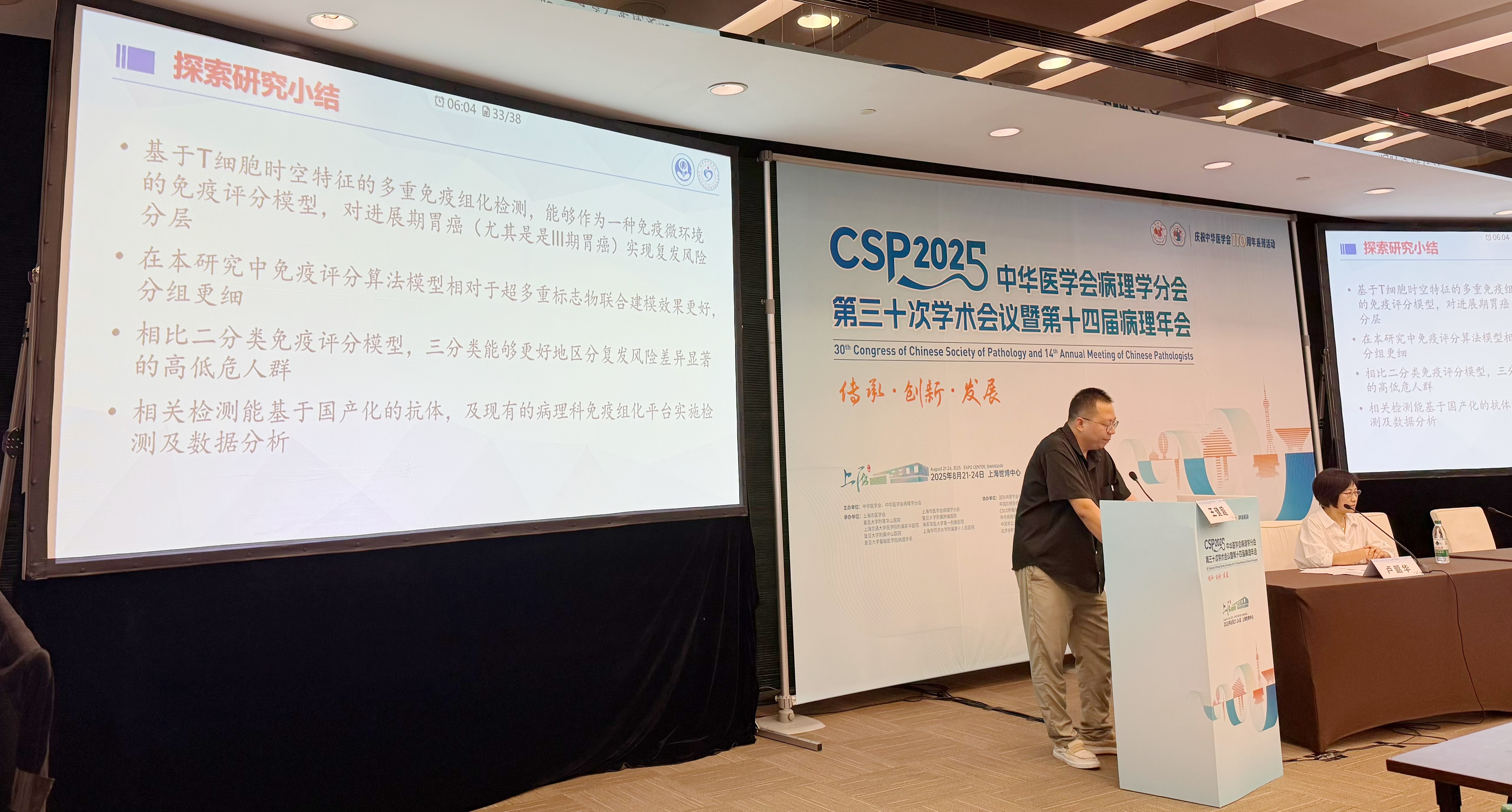
Finally, Professor Zhou Weixun, the leader of the Digestive System Group of the Pathology Branch of the Chinese Medical Association and the chief physician of the Pathology Department of Peking Union Medical College Hospital, gave high praise to the relevant achievements as a guest reviewer. She stated that the development of digital pathology has opened up a new path for the diagnosis and treatment of gastric cancer. Gastric cancer, as a high-risk tumor in China, has a poor prognosis and limited treatment options. Although molecular markers such as MSI and PD-L1 have been widely used in clinical practice to guide immunotherapy, the immune microenvironment involves multiple markers, making it difficult to achieve through manual interpretation. There are still significant challenges in practical applications. She highly recognizes Professor Chen Gang's team's exploration of automating immune scoring through digital technology and transforming it into clinical applications, and believes that this research has the potential to effectively solve this problem. She called on pathologists to proactively identify problems and propose needs from the clinical front line, actively cooperate with enterprises, and promote the transformation of more innovative ideas into truly applicable clinical products.
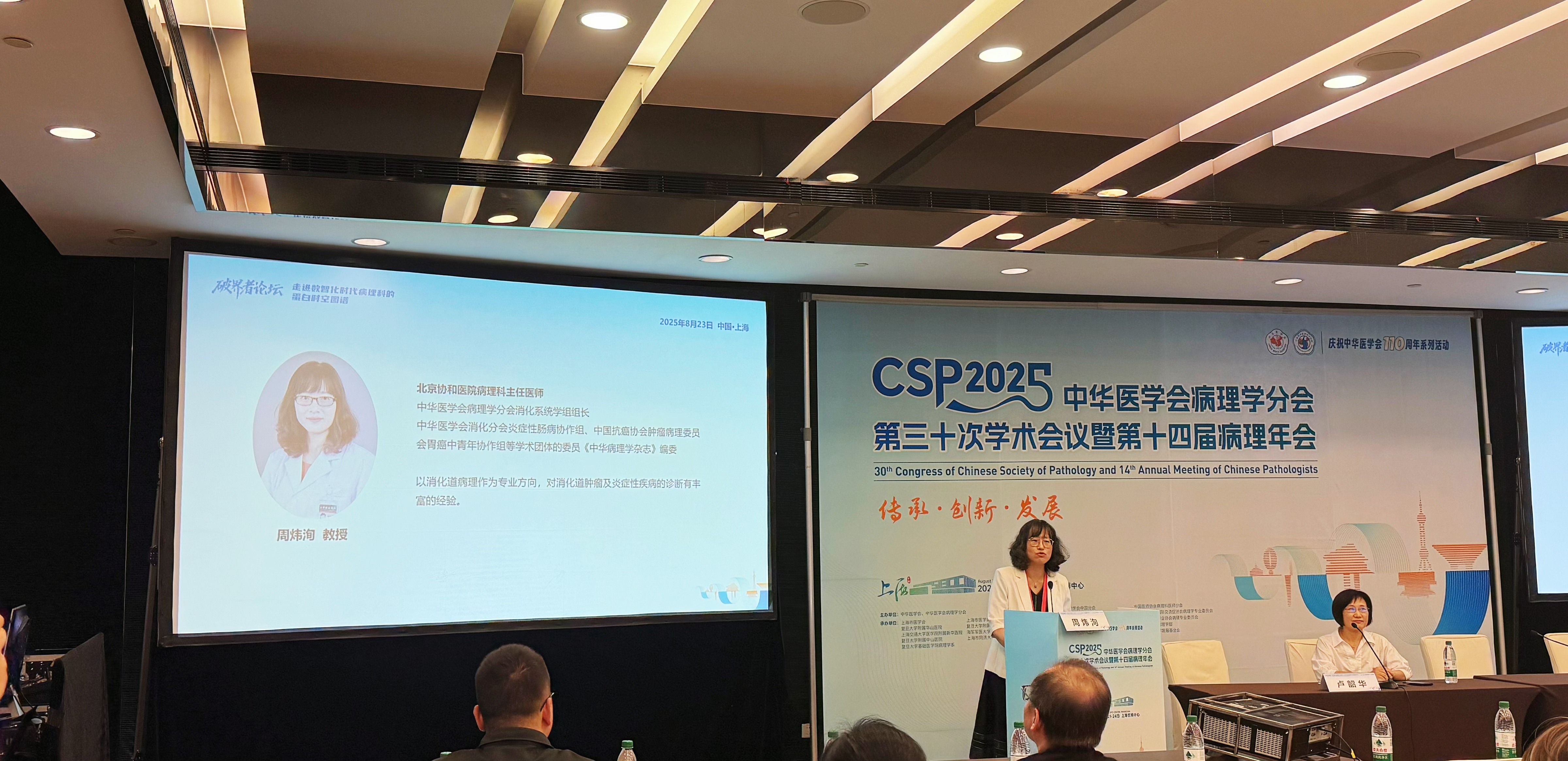
This conference brought together several senior experts who are deeply involved in the fields of digital pathology and clinical translation. Through high-level academic reports and in-depth exchanges, they jointly explored the development direction and implementation path of original digital pathology tools, providing an important platform for accelerating the clinical translation of innovative achievements and improving the overall level of the pathology discipline. Dunwill Medical will also continue to deepen cooperation with clinical experts, actively build a "medical research enterprise" collaborative innovation ecosystem, help pathology disciplines achieve leapfrog development in the digital age, and promote China's precision diagnosis and treatment level to new heights.


